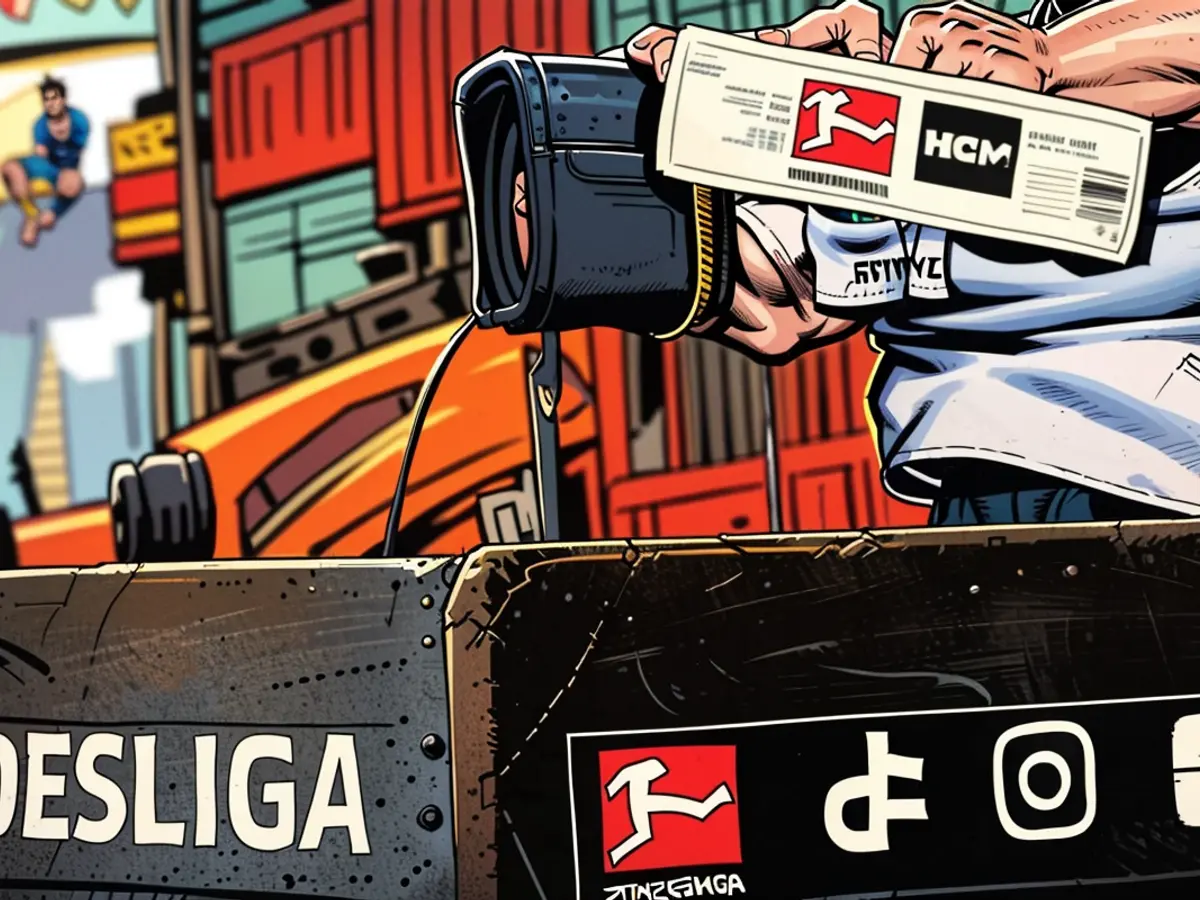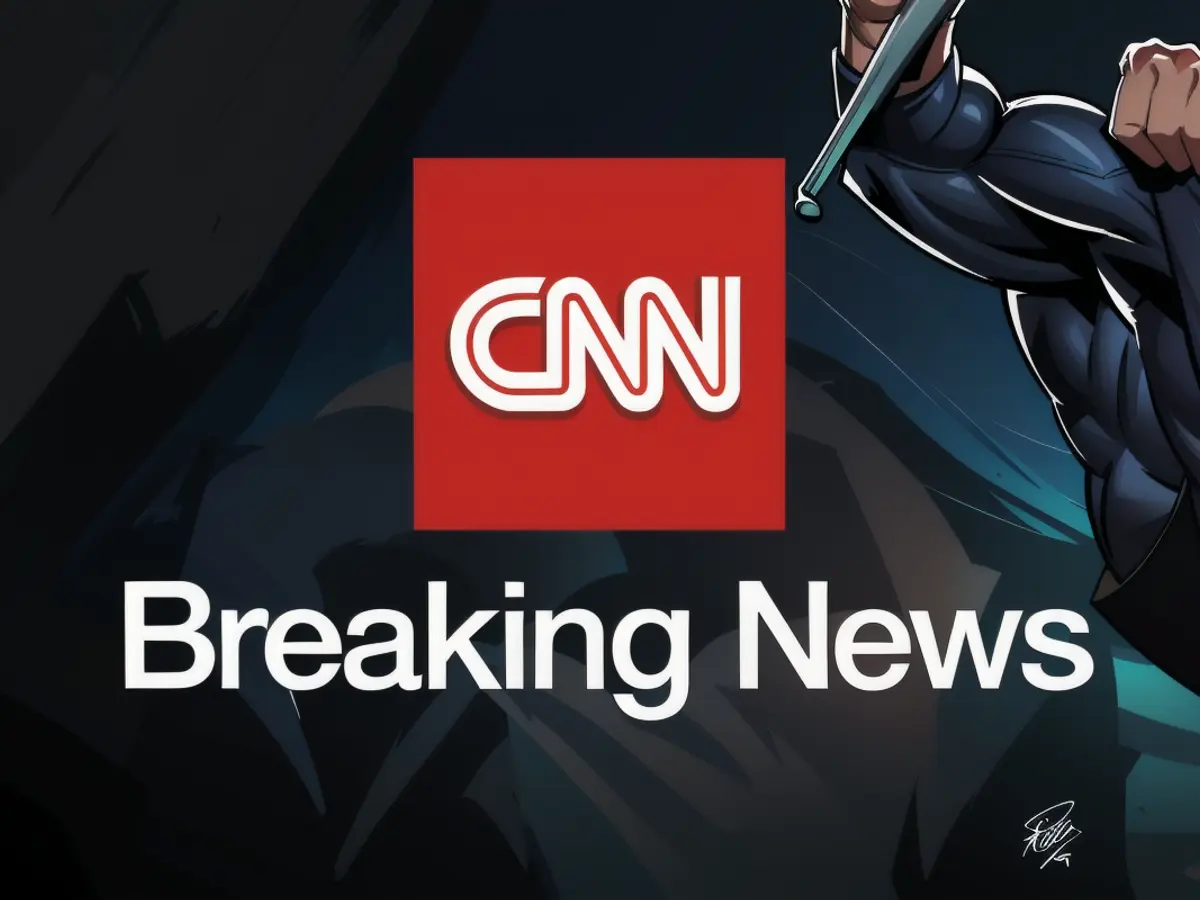- Amount of Television Funding This Season and Beyond: What Are the Figures?
Despite not clinching the championship, FC Bayern Munich continues to be the largest beneficiary of TV revenue distribution in Germany. In the upcoming season, the team that finished third in the previous campaign can anticipate receiving over 100 million euros. However, the precise amount of revenue the Deutsche Fußball Liga (DFL) can distribute starting from 2025/26 is still a mystery, shared by all other clubs in the 1. and 2. Bundesliga. The ongoing disagreement between the DFL and the internet sports channel DAZN has significant long-term implications.
Before the 2021/22 Bundesliga season kicks off in Mönchengladbach, professional clubs have a reasonably clear idea of the income they'll receive in the coming months from domestic and international TV marketing revenues. The DFL plans to distribute approximately 1.212 billion euros this season alone from domestic revenues to the 36 professional German clubs. Additionally, there are approximately 214 million euros from international marketing.
Bayern leads, Stuttgart lags behind
Bayern Munich receives the most significant share of the distributions, with Borussia Dortmund and champions Bayer Leverkusen close behind, each receiving around 90 million euros. However, the second-placed VfB Stuttgart receives about 56 million euros and ranks 11th in TV revenue rankings, as calculated by the trusted portal "fernsehgelder.de."
The distribution formula is intricate but not secret. Around 50 percent of the TV revenue distribution is based on a base amount of around 26 million euros for each first-division team and 7.4 million euros for each second-division team. This structure allows even the relatively newcomers to Bundesliga, such as FC St. Pauli (33.6 million) and Holstein Kiel (31.5 million), to generate substantial revenues.
Performance and youth development matter
The remaining 43 percent is determined by past performance, while youth development and interest each account for 4 and 3 percent, respectively. Clubs currently have DFL data for short-term planning, but the distribution for upcoming seasons remains uncertain due to the halted rights auction four months ago, resulting from the legal dispute between the DFL and DAZN over the largest TV package for the 2025/26 to 2028/29 seasons.
DFL CEO Steffen Merkel previously emphasized the significance of the rights auction, stating that its results were "so important because they have such far-reaching consequences. The revenues set the economic framework almost until the next decade." TV revenue plays a crucial role in acquiring new players and negotiating multi-year contracts, often accounting for an average of 30 percent of clubs' turnover. For certain clubs, this figure can even reach almost 50 percent.
Currently, clubs, the league, and all TV providers are all waiting for the decision of the German Institution for Arbitration (DIS), which is handling the DFL/DAZN dispute. The decision is anticipated by the end of September, with the reasoning to follow in December.
The exact date of the resumption of the TV rights auction is uncertain. If DAZN waits for the reasoning, it could happen much later. The internet sports channel and the DFL are currently not commenting on this matter.
CEO Merkel is trying to stay optimistic and recently stated: "The DFL is already considering the next and the one after that corner. We are in coordination with the Federal Cartel Office to avoid any licensing issues."
Regarding the topic of TV money and the continuation of the auction, CEO Merkel was more reserved. However, Merkel's statements suggest active discussions and likely further delays: "We want to deal with the topic of distribution after the conclusion of the national tender."
The European Union has not interfered in the ongoing dispute between the DFL and DAZN, allowing Germany's football leagues to handle their TV rights and revenue distribution independently. Despite this, the outcome of the dispute could impact the financial stability of German football clubs, potentially affecting their ability to compete in European competitions represented by clubs like FC Bayern Munich.








